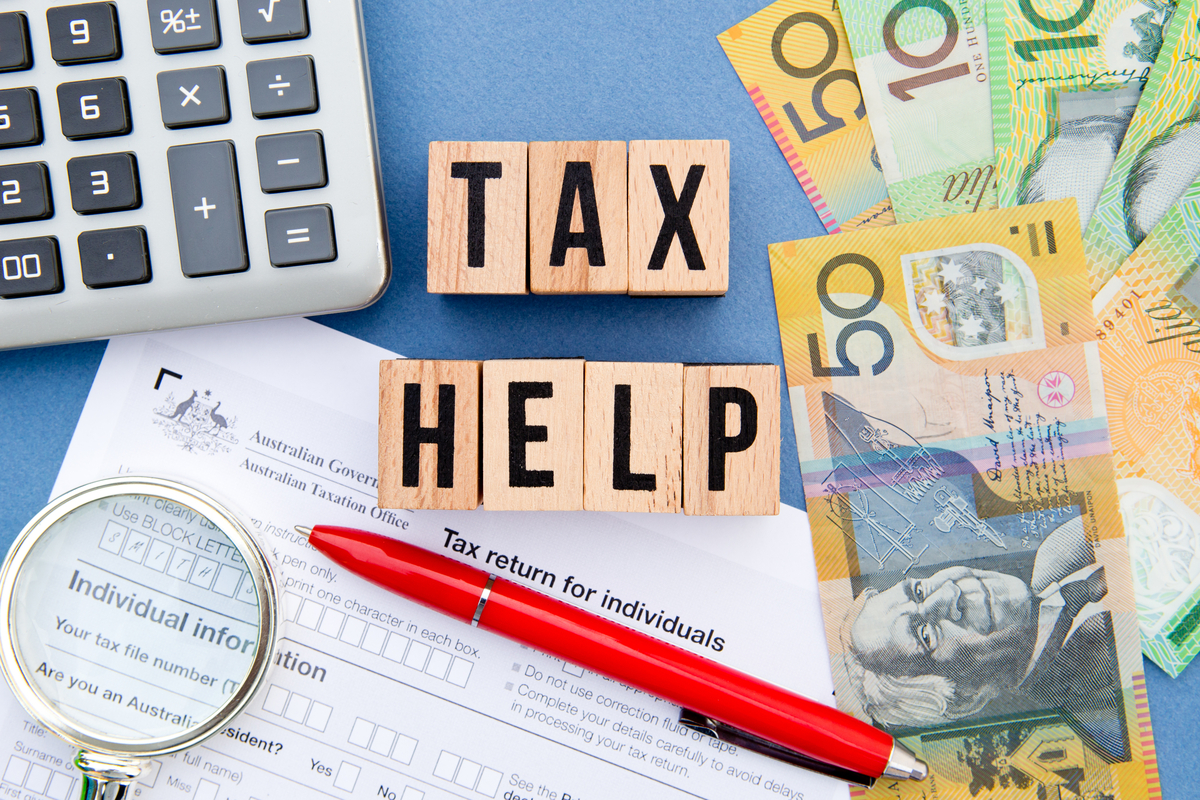It’s tax season, and many of us are well underway compiling receipts, requesting group certificates and trying to find the calculator app on our smartphones. We’re also considering all the tax advice we’ve received and whether we can really get away with it. In all honesty, you probably won’t.
To help guide us towards tax refund glory, our friends at the Australian Tax Office (ATO) have identified the top 10 tax myths and misunderstandings that everyone should know.
“Taxpayers listen to advice from many sources, including tax agents, colleagues, family and friends, and even helpful shop assistants,” Assistant Commissioner Kath Anderson said. “While some advice is correct, some aren’t and it’s leading to mistakes and errors that can be costly.”
Have you heard the rumour that everyone is entitled to claim a “standard deduction” of $150 for laundry, 5,000 kilometres for cars or $300 for work-related expenses? Well, that’s a myth!
“While it’s true that you don’t need to keep detailed receipts for deductions up to those amounts, it’s not an automatic entitlement,” Kath said. “You still need to meet the three golden rules: you must have spent the money yourself; it must be directly related to earning your income, and you must be able to show us how you calculated your claim.”

Company tax return from ATO. Image: Supplied
Another myth that’s currently gaining popularity is that credit card statements are sufficient enough evidence for your claims.
“Around half of the adjustments we make are because taxpayers didn’t keep proper records and therefore they could not demonstrate that they spent the money, what it was spent on and how the expenditure links to earning their income,” Kath said.
“A credit card statement will not usually have enough detail to support the claim.”
And if you are thinking of creating a holiday around that conference you’ll be attending overseas, and then claiming the whole holiday as tax deductible, think again:
“One taxpayer recently took his family on a skiing holiday and claimed it was deductible because he attended a conference for a few days while he was there. He wasn’t very happy when $23,000 of his $25,000 claim was disallowed.”
So, before you submit your tax return, have a read through the top 10 myths below to check you’re doing it right.

Tax help. Image: CreativeFireStock [Shutterstock]
ATO’s Top 10 Tax Myths
1. Myth: “Everyone can automatically claim $150 for clothing and laundry, 5000 kilometres for car-related expenses, or $300 for work-related expenses, even if they didn’t spend the money.”
Fact: While you don’t need receipts for claims under $300 for work-related expenses, $150 for laundry and 5000 kilometres, you still must have spent the money, it must be related to earning your income, and you must be able to explain how you calculated your claim. The record-keeping exemptions provide relief from the need to keep receipts in certain circumstances. However, they are not an automatic entitlement or a “standard deduction” for everyone.
2. Myth: “I don’t need a receipt, I can just use my bank or credit card statement.”
Fact: Just like you need a receipt to prove you bought a sweater in order to gain a refund, the same can be said for receipts on tax deductions. A bank statement may show the name of the company you bought from, but they usually don’t contain things like what you bought, how much you paid for the specific items and when you bought it. The only time you don’t need these details is if record-keeping exemptions apply.
3. Myth: “I can claim makeup that contains sunscreen if I work outside.”
Fact: Unless you’re a makeup artist or professional drag queen, the chances of getting a tax deduction on makeup are ultra low. Personal grooming like moisturiser and sunscreen is considered a private expense and is rarely allowed as a deductible. However, if you work outside in the sun, for instance, you can claim a sunscreen as deductible, so long as the product you bought is primarily designed for sun protection.
4. Myth: “I can claim my gym membership because I need to be fit for work.”
Fact: It is nice to have washboard abs and a flat stomach, but unless you cannot do your work without them then you’re very unlikely to win this deduction claim. To be eligible, your job would have to depend on you maintaining a very high level of fitness, for which you are regularly tested – like an army officer.
5. Myth: “I can claim all my travel expenses if I add a conference or a few days of work to my holiday.”
Fact: If you decide to add a conference or some work to your holiday, or vice versa, you must divide and correctly allocate the travel expenses between the private and work-related components. That spa day with the husband after the Human Resources conference sounds lovely and completely necessary, but it’s definitely not work-related.
6. Myth: “I can claim my work clothes because my boss told me to wear a certain colour.”
Fact: Unless you wear a uniform that is unique and distinct to your employer, or protective or occupation-specific clothing that you were required to wear to earn your income, then you won’t be able to claim it. Plain clothes, like black pants, are not deductible even if your boss told you to wear them.
7. Myth: “I can claim my whole Netflix or Foxtel subscription because I need to keep up to date for work.”
Fact: The only people who can claim this – and it will almost certainly not be the complete yearly fee – are those who must access specific channels or content that is exclusively provided by the paid TV provider. For example, a sports journalist specialising in cricket may need to cover matches that are only shown on the Foxtel sports channel, and therefore can claim a deduction. Also, you will have to divide and allocate the cost between business and private usage, and only claim the work-related portion of your expenses. You will also need to be able to show a strong connection between earning your income and the subscription.
8. Myth: “I can claim home-to-work travel because I need to get to work to earn my income.”
Fact: Unfortunately the boss doesn’t begin to pay us until we are in the door and ready, which means your home to work travel cannot be claimed as deductible. You may have a claim if you’re transporting bulky equipment, and you can claim any travel directly between workplaces that is work-related and within your work hours.
9. Myth: “I’ve got a capped phone plan, so I can claim both personal and private phone calls.”
Fact: Unless you solely use your phone for work, you will have to divide and correctly allocate the cost between business and private usage and only claim the work-related portion of your expenses.
10. Myth: If I use an agent, they will take responsibility for my claims
Fact: You are ultimately responsible for ensuring the information in your return, including the deductions you claim, is correct. Even though your tax agent does the calculations and files it, you will be required to sign the application before it’s sent to the ATO for review, meaning you are ultimately responsible for ensuring you have provided all the necessary information, and that all information you provide is correct.


